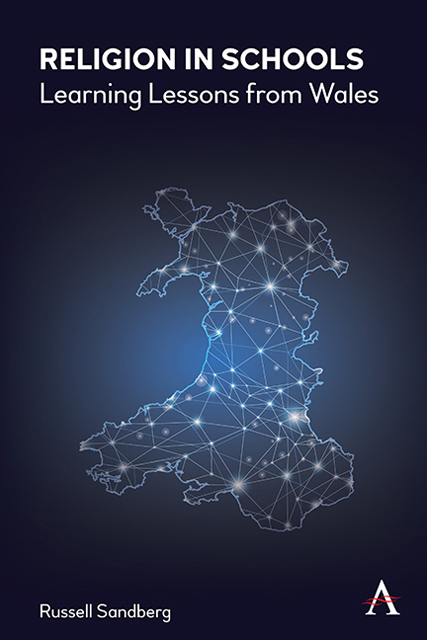Summary
The Curriculum and Assessment (Wales) Act provides the biggest change that schools in Wales will have seen for decades. It will radically transform the curriculum in Wales, ushering in a new pedagogical approach that moves away from a focus on prescribed knowledge to inquiry-based learning which begins with the local experience. It will also transform the teaching of religion. RE will become RVE, with non-religious beliefs included in the content of the subject and in the composition of the local bodies that develop the locally agreed syllabus. The main provisions in the main body of the Act in relation to RVE are section 24 that states that RVE is mandatory for those of school age except for those at nurseries and section 61 which makes RVE optional for those who are above the compulsory school age, placing a requirement on head teachers of maintained schools to provide such RVE for pupils who request it and at times that are convenient for the majority who have requested it. Such RVE ‘must reflect the fact that the religious traditions in Wales are mainly Christian, while taking account of the teaching and practices of the other principal Religions represented in Wales, and must also reflect the fact that a range of non-religious philosophical convictions are held in Wales’, with ‘philosophical convictions’ being defined within the meaning of Article 2 of the First Protocol to the European Convention on Human Rights.
As with the original Bill, the main provisions are to be found in Schedules 1 and 2 to the Act. Schedule 1 outlines the design and implementation of RVE. Maintained schools without a religious character must teach RVE which is designed having regard to the locally agreed syllabus. Foundation and voluntary-controlled schools that have a religious character must also teach RVE that is designed having regard to the locally agreed syllabus unless that does not accord with the school's trust deeds or religious tenets in which case they can make ‘additional’ provision for this. Although this is styled as being ‘additional’ in practice it would replace the default provision. The teaching and learning of agreed syllabus RVE does not apply to pupils where the parent of that pupil requests that the teaching and learning is in accordance with the trust deed, etc.
- Type
- Chapter
- Information
- Religion in SchoolsLearning Lessons from Wales, pp. 93 - 106Publisher: Anthem PressPrint publication year: 2022

